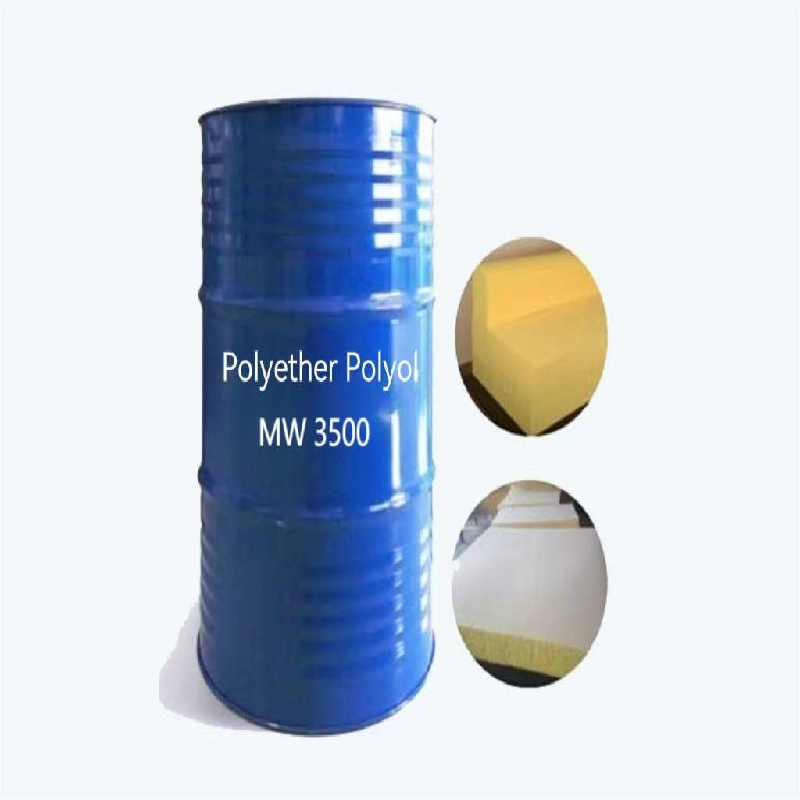-
Categories
-
Pharmaceutical Intermediates
-
Active Pharmaceutical Ingredients
-
Food Additives
- Industrial Coatings
- Agrochemicals
- Dyes and Pigments
- Surfactant
- Flavors and Fragrances
- Chemical Reagents
- Catalyst and Auxiliary
- Natural Products
- Inorganic Chemistry
-
Organic Chemistry
-
Biochemical Engineering
- Analytical Chemistry
- Cosmetic Ingredient
-
Pharmaceutical Intermediates
Promotion
ECHEMI Mall
Wholesale
Weekly Price
Exhibition
News
-
Trade Service
Recently, researchers from the Dalian Institute of Chemical Physics of the Chinese Academy of Sciences have made new progress
in the research of membrane materials for zinc-based batteries.
Through the structural design of membrane materials, the team realized the uniform zinc deposition process under high surface capacity and high current density, and conducted a detailed study and discussion
on the mechanism of membrane structure regulating zinc deposition process.
The rapid development of renewable energy has promoted the development and research
of high energy density energy storage devices based on zinc chemistry.
Zinc secondary battery has the advantages of low cost, high safety, high energy density, and good compatibility with aqueous electrolytes, and has good application prospects
in the field of electrochemical energy storage.
However, zinc is prone to produce zinc dendrites during the deposition process, and this phenomenon is more obvious under the condition of high surface capacity and high current density, which seriously affects the cycle life
of the battery.
In the research, the team developed a new polymer film with surface ordered fluctuation stripes, the Turing film, which can achieve uniform zinc deposition
at high surface capacity and high current density.
In the design of Turing membrane, the peaks and troughs of the stripes on the membrane surface can effectively regulate the distribution of zincate by controlling the micro-carrier flux and provide more zinc deposition space
.
At the same time, the copper ions coordinated on the surface during the membrane formation interact with zincate to further induce uniform deposition
of zinc.
It is found that under higher current density, alkaline zinc-iron flow batteries assembled with Turing membrane can work stably under ultra-high surface capacity conditions, which provides new ideas
for the development of highly stable zinc-based secondary batteries.






